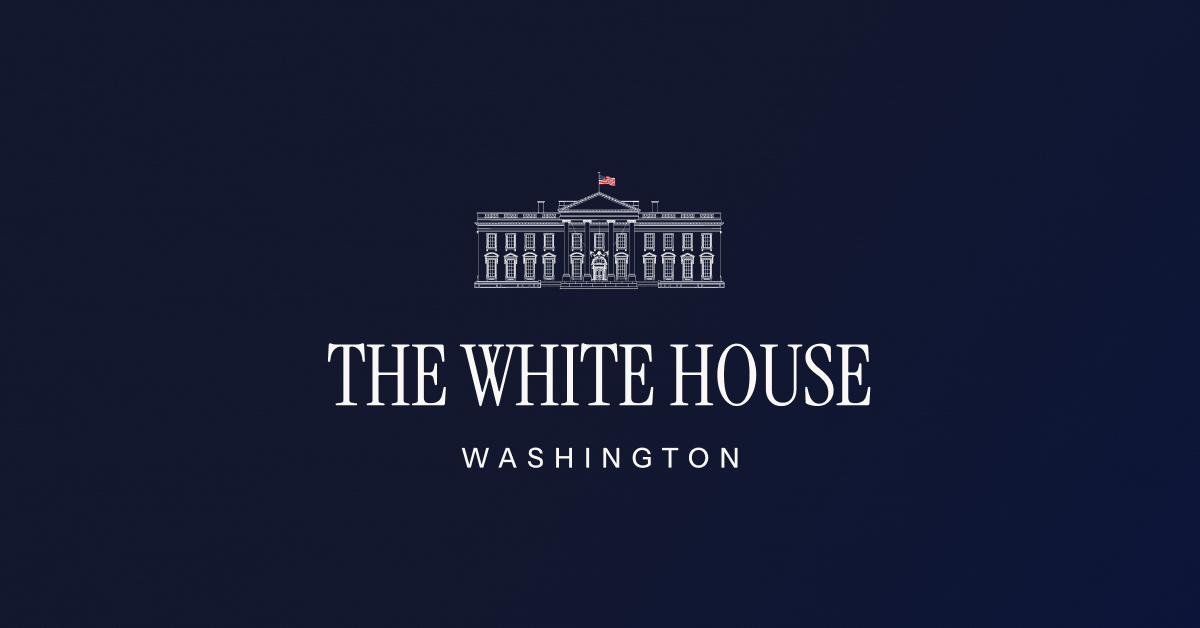- Thread starter
- #1
superchuck500
U.S. Blues
Offline
I think this deserves its own thread. Perhaps we can try to migrate discussion from the other thread to this one.
Here is the Executive Order:

The order presents itself on existing good-ground to exclude children of unlawful immigrants, but that's false - the term "subject to the jurisdiction thereof" does not have an ambiguous history.
Twenty-two states and others filed immediate lawsuits to suspend and ultimately rescind the order.
Here is the Executive Order:

Protecting The Meaning And Value Of American Citizenship – The White House
By the authority vested in me as President by the Constitution and the laws of the United States of America, it is hereby ordered: Section 1.
www.whitehouse.gov
The order presents itself on existing good-ground to exclude children of unlawful immigrants, but that's false - the term "subject to the jurisdiction thereof" does not have an ambiguous history.
Twenty-two states and others filed immediate lawsuits to suspend and ultimately rescind the order.
